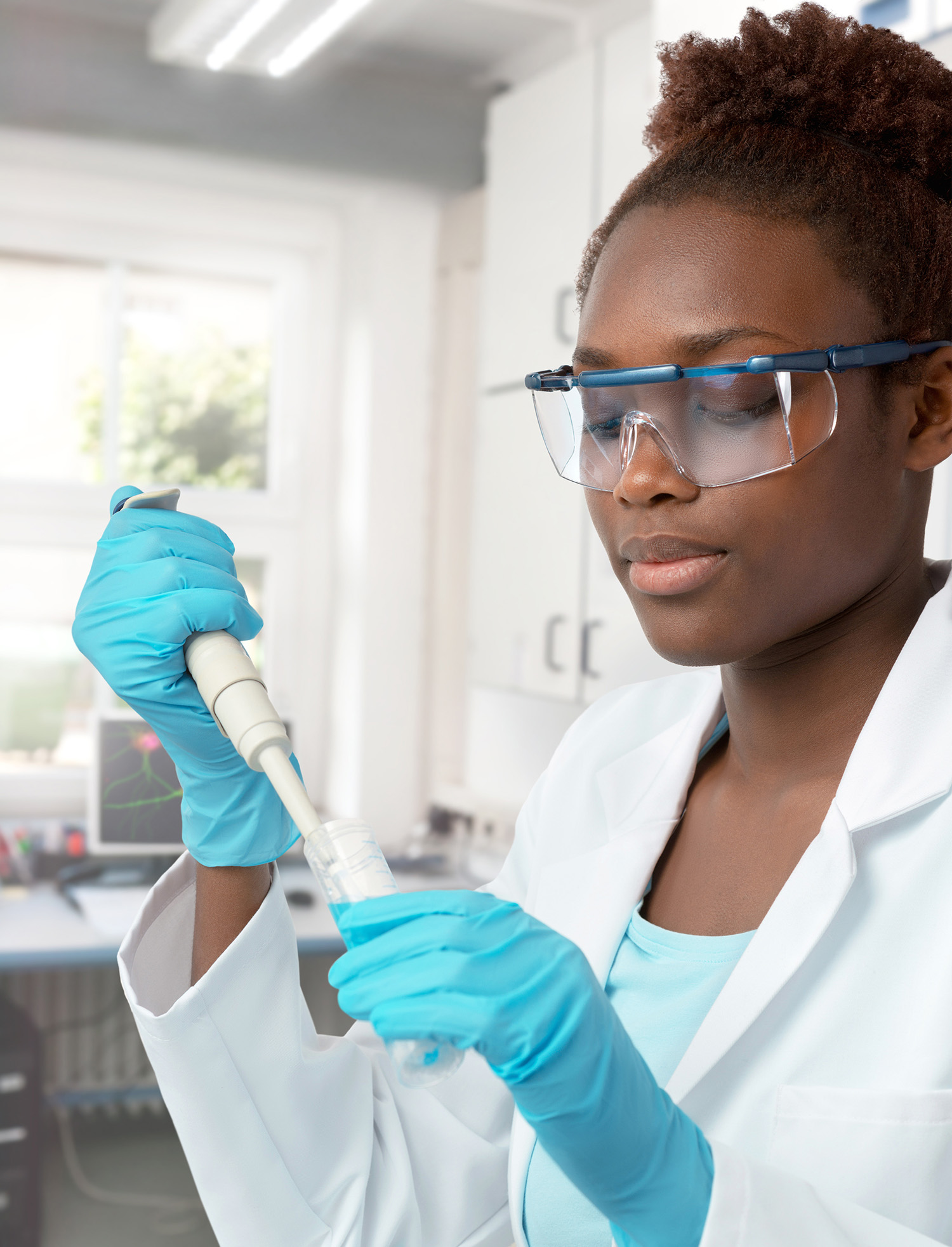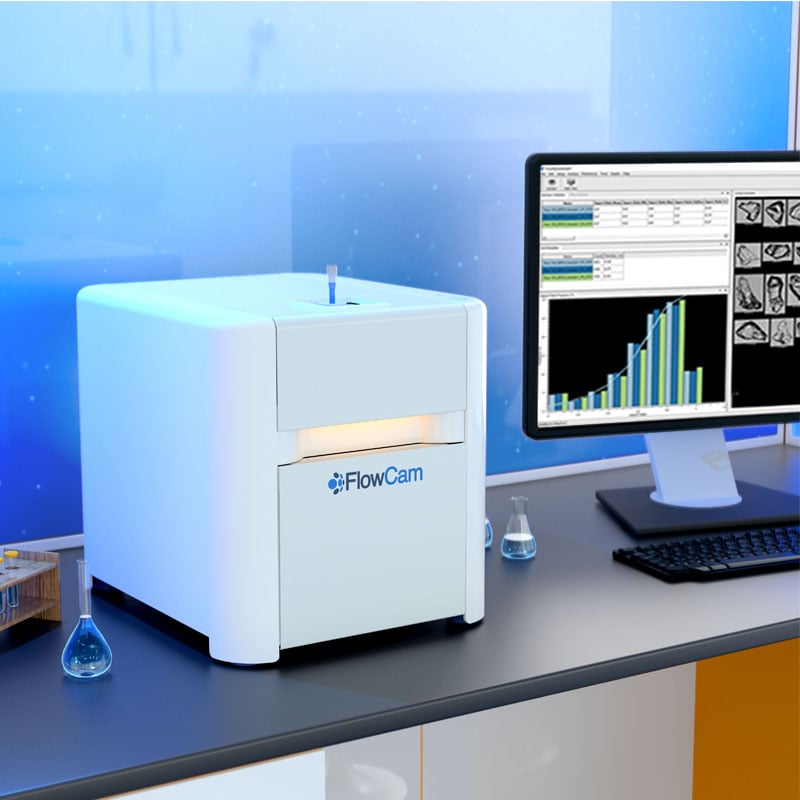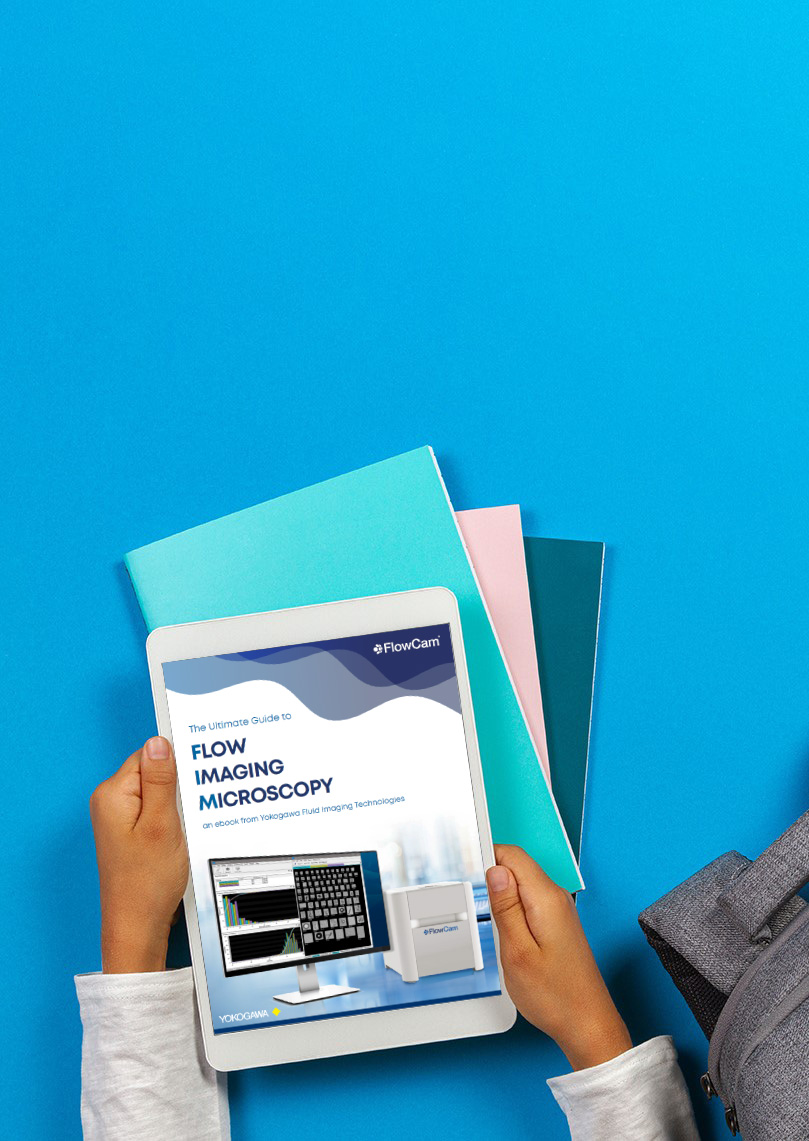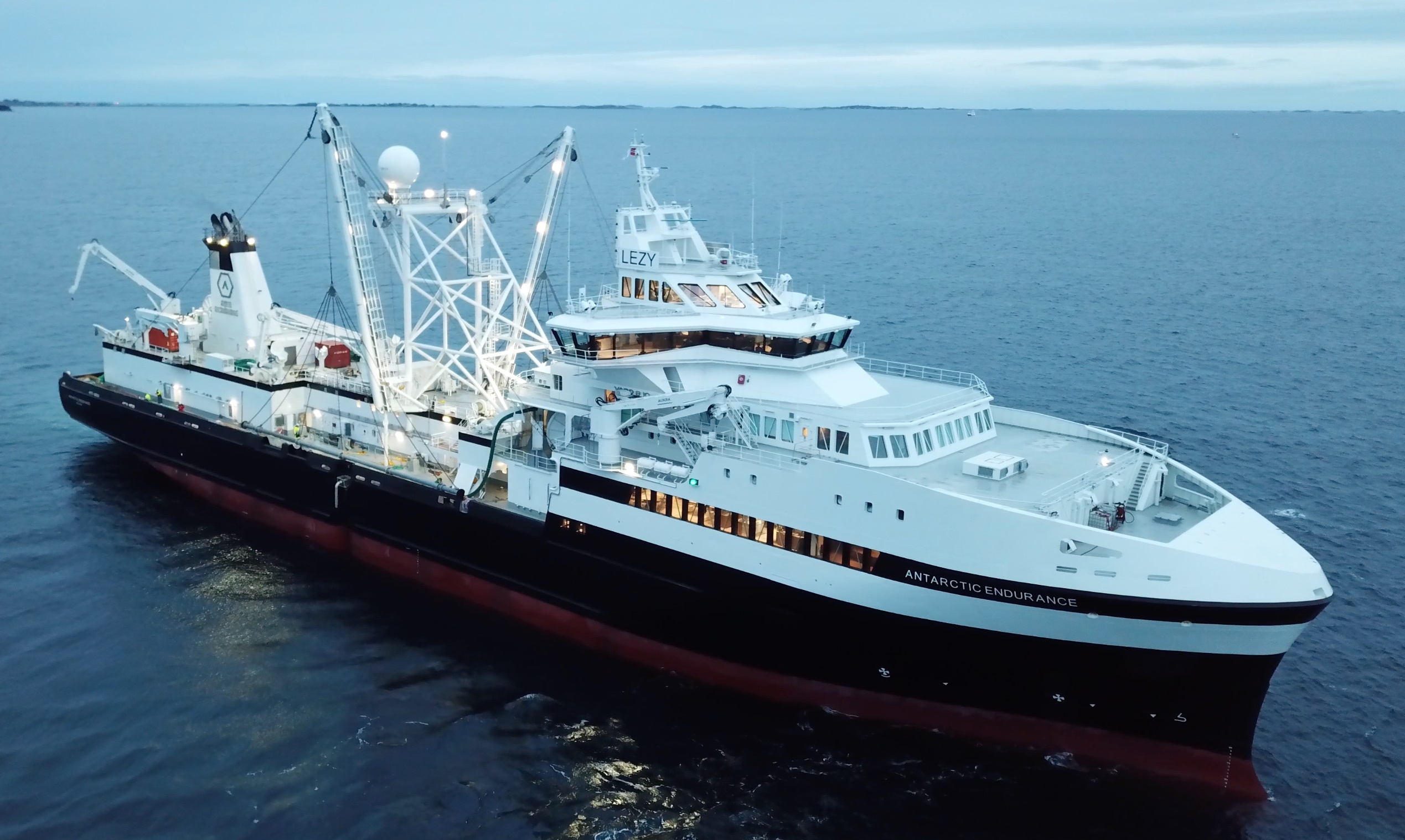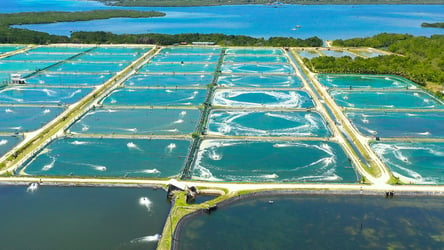Aker BioMarine (ABM) is a diverse company that operates at the convergence of biotechnology, fishing, marine research, and krill harvesting. This forward-thinking company has made a strategic investment by acquiring a FlowCam, an advanced instrument designed for precise analysis and monitoring. The FlowCam is deployed on their cutting-edge krill harvesting vessel, the Antarctic Endurance, which is specifically outfitted for operations in demanding marine environments.
ABM's main goal with this new acquisition is to employ FlowCam's sophisticated imaging capabilities to meticulously observe the phytoplankton populations that constitute the primary food source for krill. By gaining a more comprehensive understanding of these microscopic organisms, ABM aims to ensure the sustainability of their krill fishery operations. This strategy supports the ecological balance of marine ecosystems and aligns with ABM's dedication to responsible and sustainable harvesting practices.
Krill, which are relatively small crustaceans, constitute one of the largest biomasses on the planet and are predominantly found in polar regions. These organisms serve as a significant food source for numerous marine mammals and fish due to their high content of omega-3 fatty acids. Additionally, krill are a vital component in the production of nutraceuticals and animal feeds.
Notably, the term "krill" originates from the Norwegian language and has been adopted into English. The Antarctic Endurance, a vessel dedicated to krill harvesting, operates out of Montevideo, Uruguay, in the Southern Ocean.
Nils Hoem, ABM's Chief Scientist, first learned about FlowCam while on a cruise last year with a team from Norway's Institute of Marine Research (IMR) where they have 2 FlowCam instruments on board the RV Kronprins Haakon, an ice-breaking polar research vessel.
In aiming to develop a methodology for collecting concentration and characterization information on phytoplankton and microzooplankton (components of the krill diet) in the photic zone, the research team aboard the RV Kronprins Haakon used both the FlowCam VS 1 and the FlowCam Macro to test each instrument in this application.
This krill research initiative's primary aim is to conduct a comprehensive survey that provides updated estimates of krill biomass and distribution, which are crucial for developing models to determine sustainable yield in CCAMLR Area 48. Secondly, it seeks to enhance understanding of the marine environment, which is vital for implementing a Feed-Back Management (FBM) system. This survey is designed similarly to one initiated by CCAMLR in the year 2000 for comparative analysis. However, it also emphasizes areas with high krill density, incorporates cutting-edge methods and utilizes modern technology to address current research priorities.
Learn more about FlowCam Macro for the study of zooplankton.


